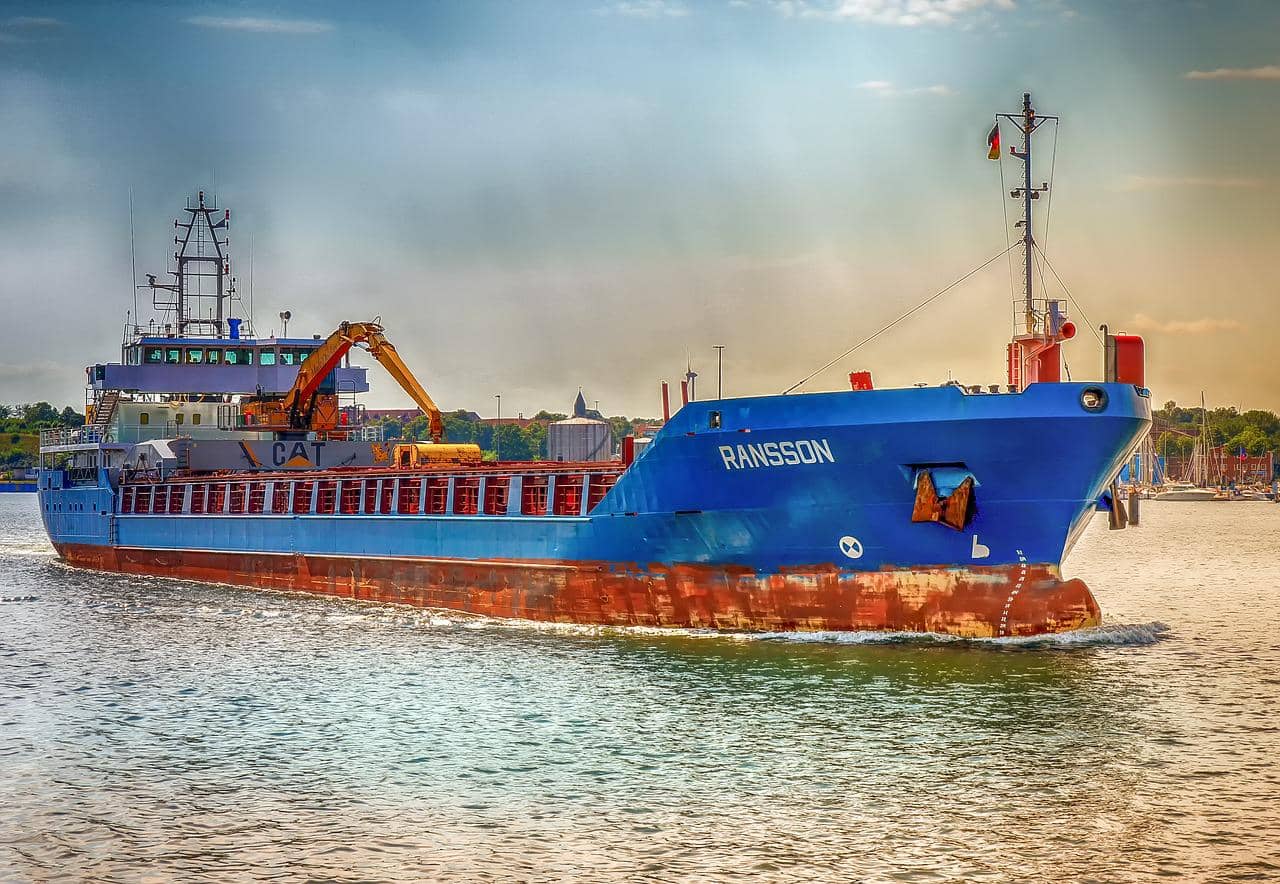
(NDAgConnection.com) – Senator John Hoeven (R-N.D.) joined Senator Mike Braun (R-Ind.) this week in calling on the Biden administration to engage with stakeholders and Congress on the ongoing contract negotiations at America’s West Coast ports. While negotiations between the International Longshore and Warehouse Union (ILWU) and the Pacific Maritime Association (PMA) started on May 10, it has been reported that contract talks have already been suspended once. This letter builds on Hoeven and his colleagues’ previous effort urging the administration to take action.
“If the negotiations between the International Longshore and Warehouse Union (ILWU) and the Pacific Maritime Association (PMA) are not completed before the contract expires on July 1, experience shows that there are likely to be additional disruptions to our nation’s supply chain, which would exacerbate freight congestion and harm manufacturing and agriculture in our states,” wrote the senators. “We strongly urge you to work with both the ILWU and PMA, and engage with stakeholders and Congress, on this critical issue.”
In addition to Hoeven and Braun, the letter was signed by Senators Richard Burr (R-N.C.), James Risch (R-Idaho), Mike Crapo (R-Idaho), Roger Wicker (R-Miss.), John Boozman (R-Ark.), John Thune (R-S.D.), Steve Daines (R-Mont.), Cynthia Lummis (R-Wyo.), Todd Young (R-Ind.), Marsha Blackburn (R-Tenn.), Kevin Cramer (R-N.D.), Jerry Moran (R-Kan.), Roger Marshall (R-Kan.) and Mitt Romney (R-Utah).
Hoeven has been working to address shipping backlogs and supply chain issues, and helped introduce the Ocean Shipping Reform Act, legislation which will update federal regulations for the global shipping industry and help American producers export their products internationally. As one of the four lead sponsors of the bipartisan legislation, Hoeven, along with Senators Amy Klobuchar (D-Minn.), John Thune (R-S.D.) and Tammy Baldwin (D-Wis.), advanced the bill through the Senate. The legislation helps address supply chain challenges by prohibiting ocean carriers from unreasonably declining shipping opportunities for U.S. exports, making it harder for ocean carriers to arbitrarily turn away goods at ports that are ready to be shipped abroad. Further, the bill would give the Federal Maritime Commission (FMC), the federal agency responsible for the regulation of ocean-borne transportation, greater authority to regulate harmful practices by carriers.